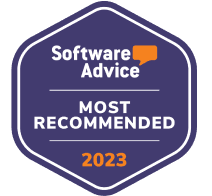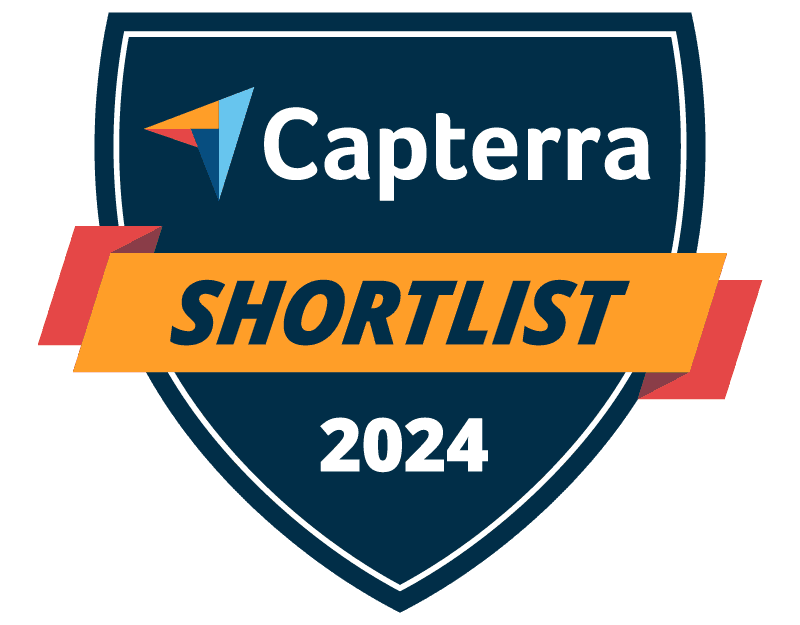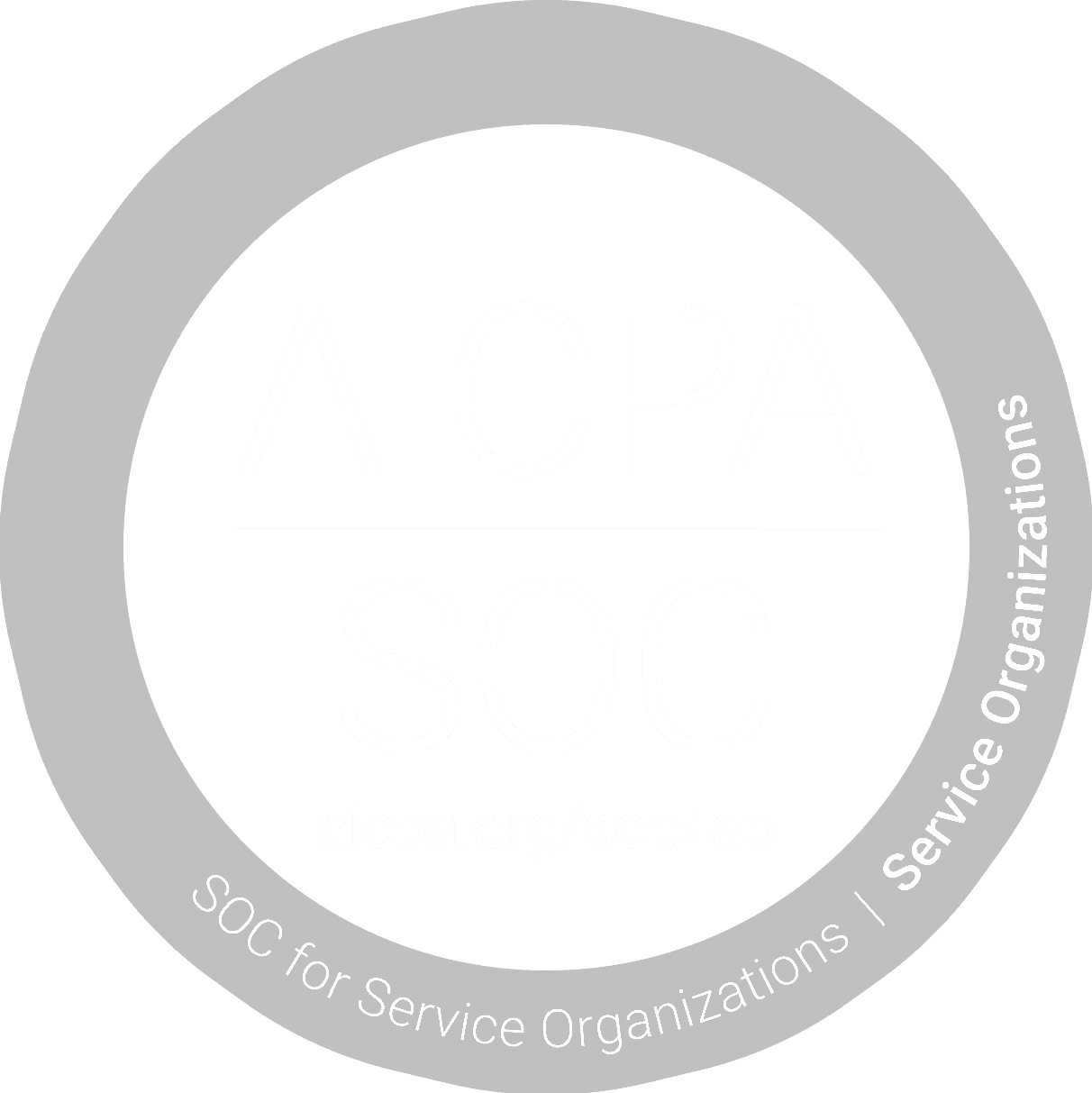What Questions Should Your Board Be Asking About Cybersecurity?
Tuesday, June 17, 2025

Board members are expected to make smart decisions about technology they don’t always understand. Here’s how to bridge that gap — and protect your organization without becoming a cybersecurity expert.
Cybersecurity is no longer just an IT issue — it's a board-level concern. Whether you're leading a nonprofit, a growing business, or a hybrid organization, your board is responsible for risk oversight. And in today’s landscape, cyber risk is business risk.
Yet many boards still don’t know what questions to ask — or how to make sense of the answers they get. If you’re in leadership, it’s your job to make sure cybersecurity is part of the conversation. This post will give you the right questions to raise — and show how Lockwell helps you answer them with confidence.
Why Cybersecurity Is a Governance Issue
Every organization relies on technology — and every system, from email to donor databases, is a potential target. Ransomware attacks, data breaches, and vendor risks are on the rise, and small organizations are no longer flying under the radar.
Boards that treat cybersecurity as a line-item expense or a one-time project are putting the organization at risk. Cybersecurity is ongoing. It impacts funding, reputation, legal exposure, and the ability to serve your mission.
That’s why board members don’t need to be technical experts — but they do need to be active participants.
7 Questions Every Board Should Be Asking
1. What’s our current cyber risk level?
Can you describe the biggest vulnerabilities facing our organization? How often is that risk assessed?
Lockwell’s executive dashboard provides a real-time snapshot of your cyber posture — no spreadsheets or technical jargon required.
2. How do we detect and respond to cyber incidents?
What happens if we’re attacked? Who’s in charge? What systems alert us to a breach?
With Lockwell, every device and account is monitored. Elle responds to threats in real time and logs the entire incident timeline.
3. Are we compliant with relevant frameworks or regulations?
Do we follow any recognized cybersecurity standards (e.g., NIST, HIPAA)? How do we prove compliance to funders or clients?
Elle creates NIST-aligned policies, logs system evidence, and auto-generates audit-ready reports — all included in your Lockwell subscription.
4. Who is accountable for cybersecurity in our organization?
Do we have a named person or team responsible? Are they supported? Are they trained?
Even without an internal IT team, Lockwell provides 24/7 AI oversight and a human support team for escalations.
5. How are we training staff and volunteers on security?
Do we provide ongoing training? Do people know how to spot phishing or report suspicious activity?
Lockwell includes built-in security awareness training tailored to non-technical teams, delivered through Elle.
6. How are we monitoring and logging activity across systems?
Can we trace what happened if something goes wrong? Are we logging access to sensitive files or donor records?
Yes — Lockwell automatically logs and analyzes all activity. Elle flags anomalies and surfaces actionable insights for your team.
7. Are we regularly testing and reviewing our security posture?
When was the last time we ran a vulnerability scan or reviewed our vendors' security?
Lockwell runs weekly scans, manages vendor risks, and alerts you to changes — without waiting for an annual review.
How Lockwell Makes This Easy
Board members need answers that are fast, clear, and trustworthy. Lockwell’s executive-ready reports are built to translate complex security data into plain language — so you can lead with confidence.
Elle, your AI compliance officer, continuously monitors your organization’s cyber health, surfaces risks, and even offers talking points for board discussions.
Don’t Wait for the Next Breach
When boards prioritize cybersecurity, organizations thrive. Asking these questions today helps prevent emergencies tomorrow — and shows funders, partners, and your community that you take digital trust seriously.
Cybersecurity isn’t just the IT team’s job. It’s leadership’s responsibility. And with Lockwell, you’re never leading alone.



